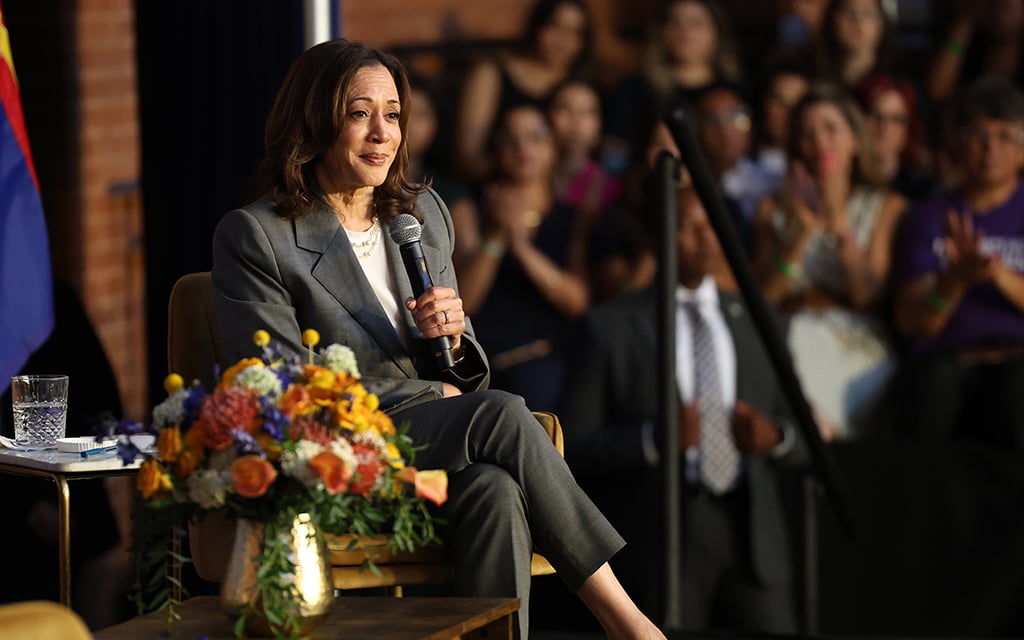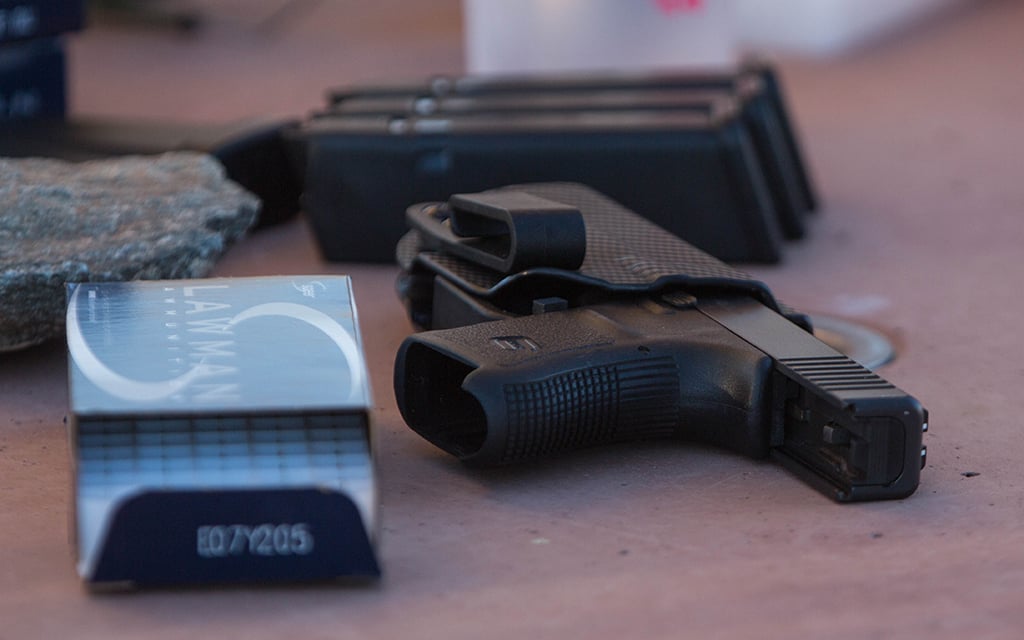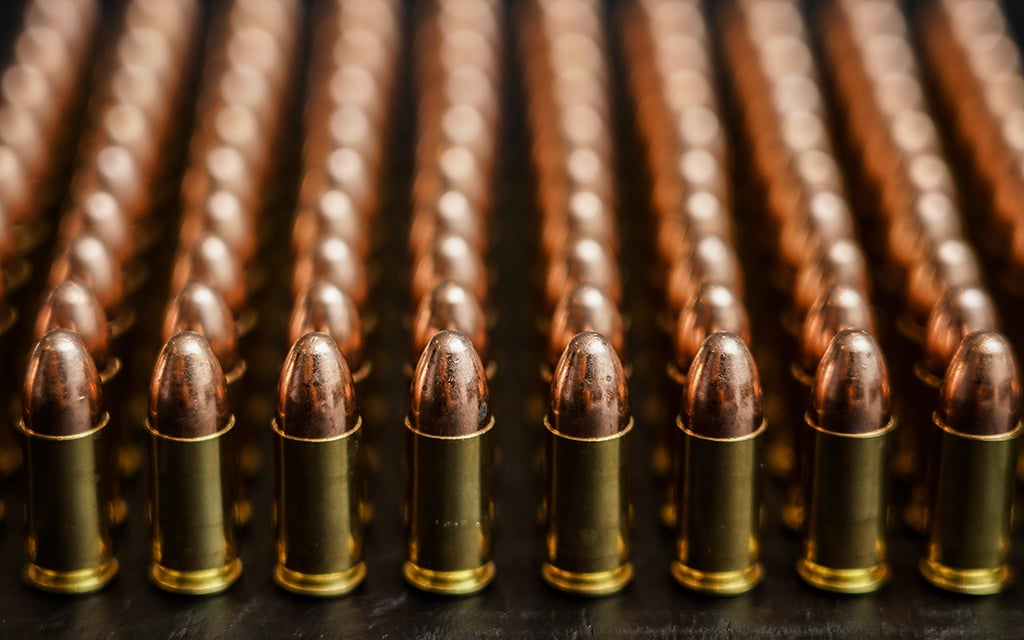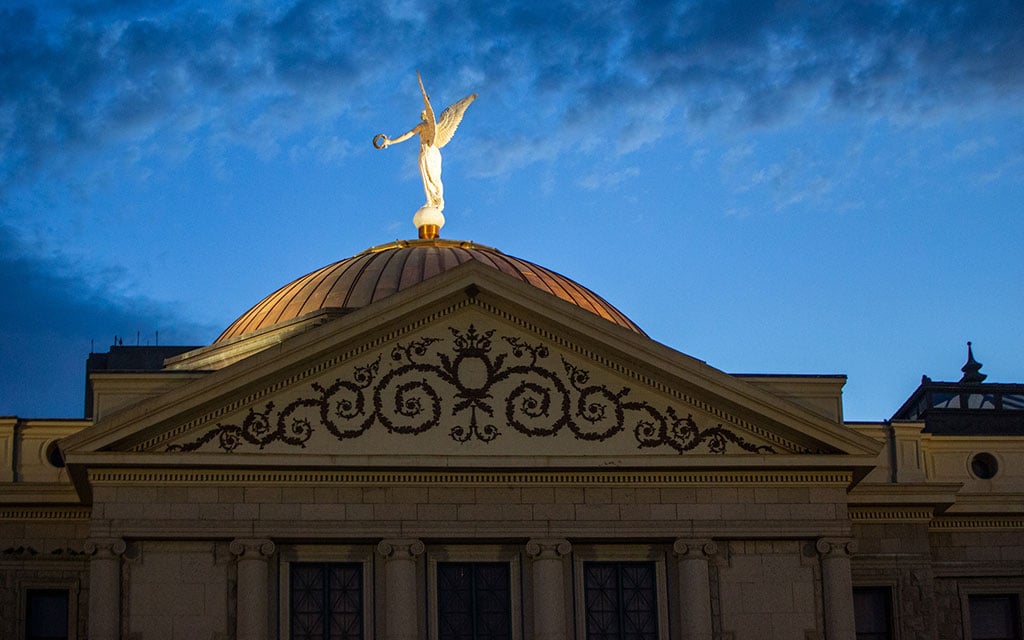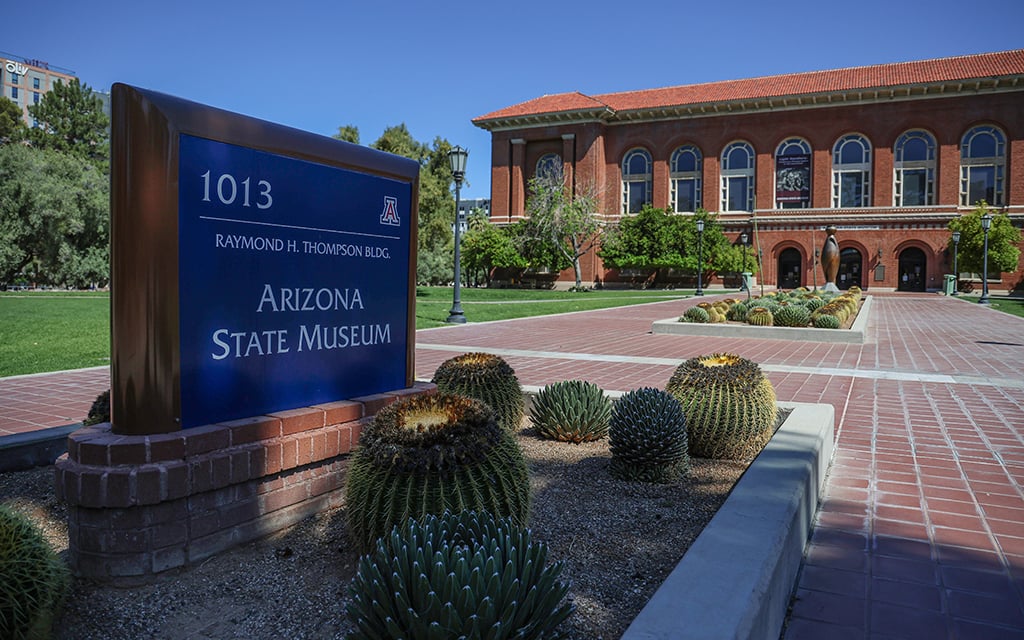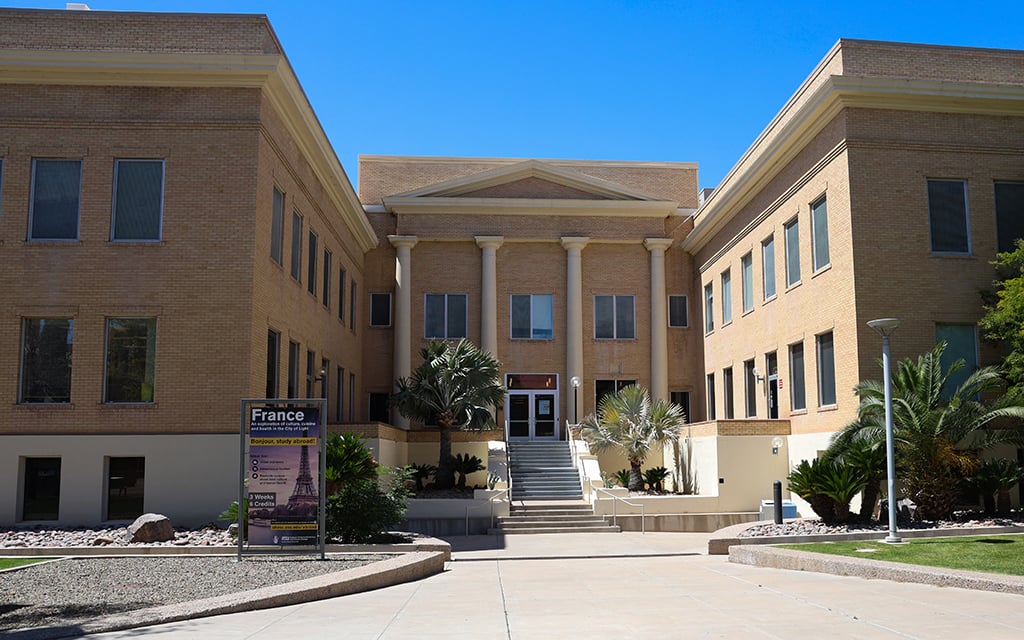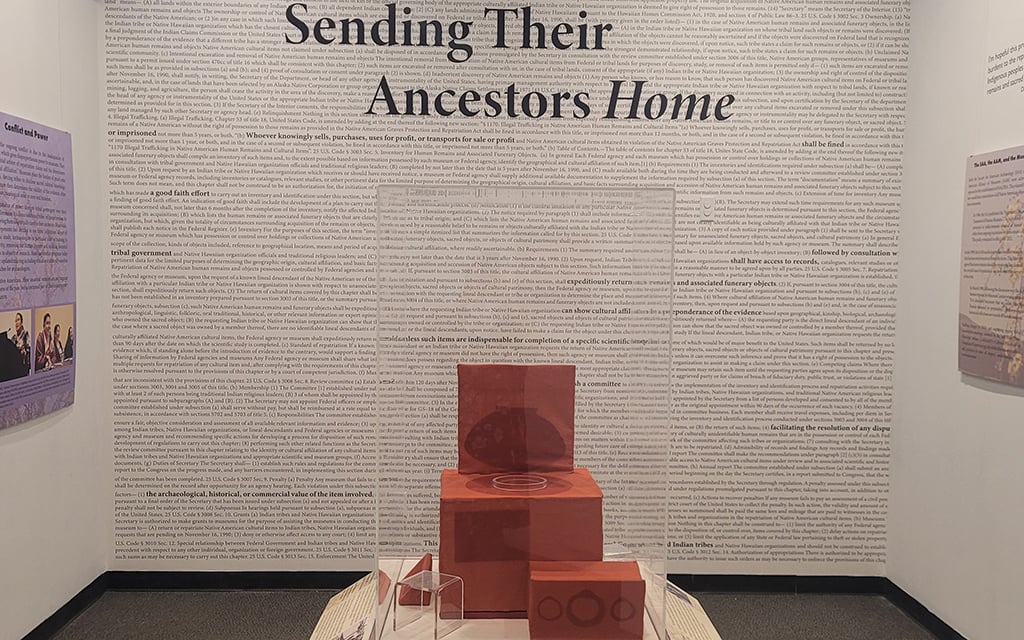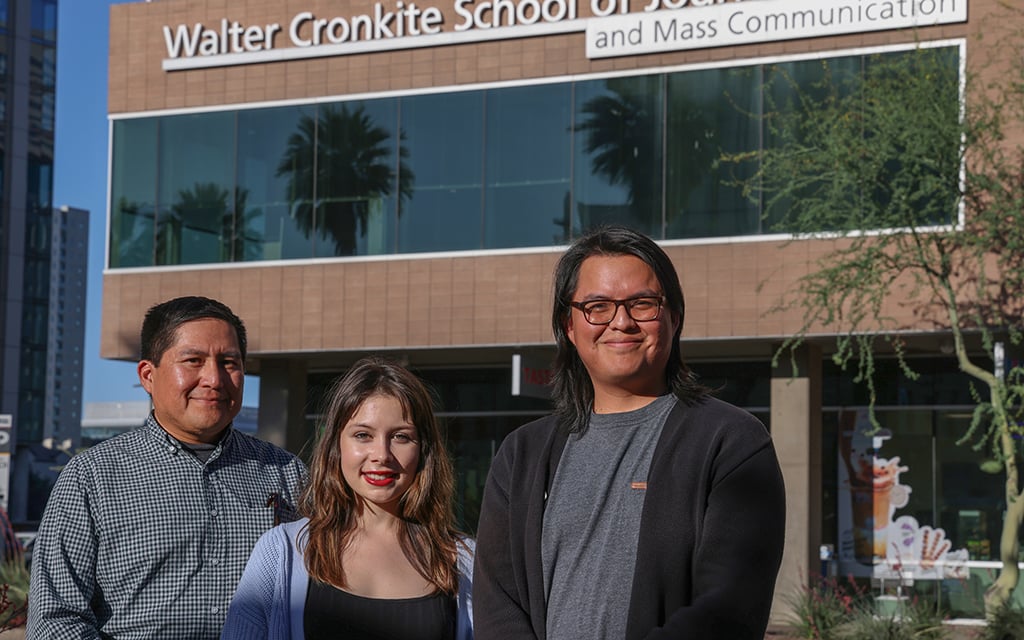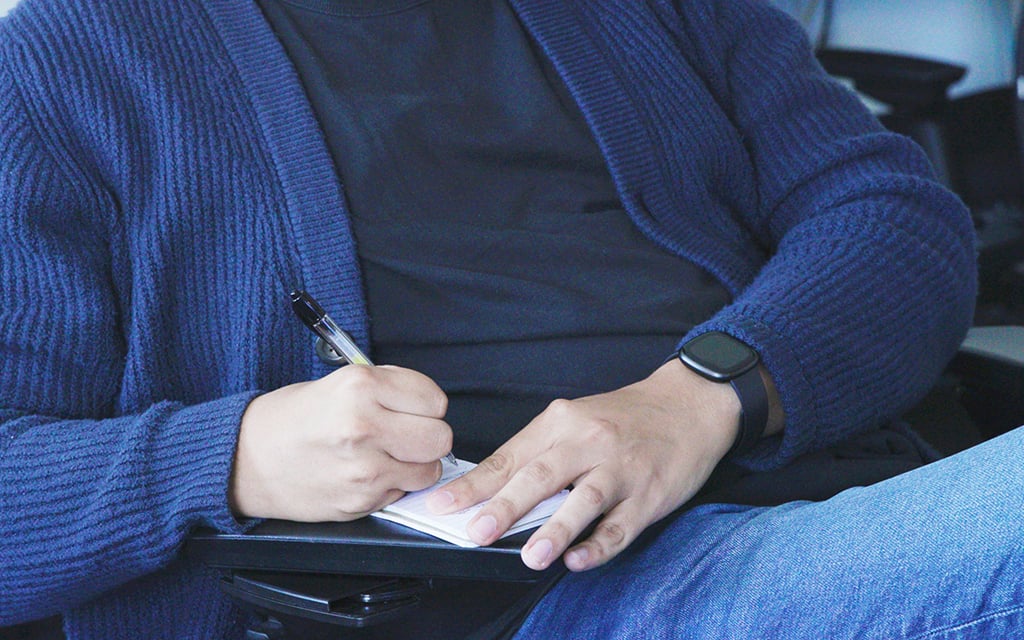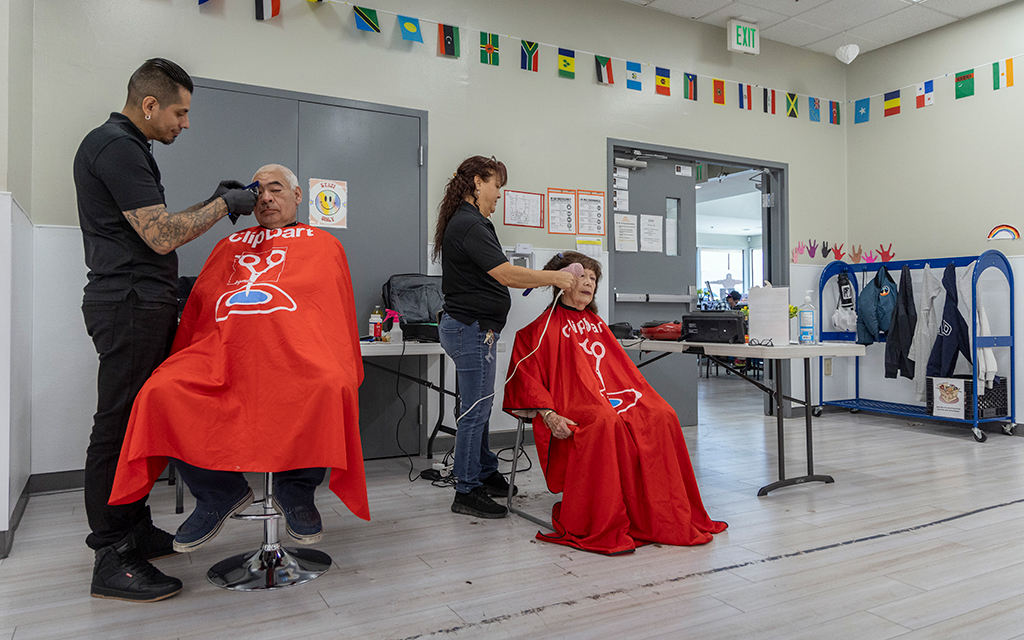In Phoenix, VP Kamala Harris puts focus on abortion rights as advocates mark two years post-Roe v. Wade
As the 2024 election creeps closer, Vice President Kamala Harris campaigned in Phoenix to spotlight reproductive freedoms on the second anniversary of the fall of Roe v. Wade while protests erupted on the steps of the Supreme Court in Washington, D.C., Monday.
Supreme Court upholds gun ban on domestic abusers, defying its usual ideological split on Second Amendment rights
WASHINGTON – The U.S. Supreme Court upholds gun ban on domestic abusers as reasonable limit to Second Amendment rights.
Tempe Juneteenth celebration combines art activism with reflections on social justice, racial equality
TEMPE – Downtown Tempe's Juneteenth Block Party, organized by the Downtown Tempe Authority, showcased Black history and social justice through interactive art, hip-hop dance battles, personalized poetry, a pop-up roller skating rink and a barber battle.
How San Antonio Police lost a bullet tied to the shooting death of a baby
A new investigation by the Howard Center for Investigative Journalism at ASU reveals San Antonio police lost a bullet after logging it in as evidence in the shooting death of an 8-month old baby. The SAPD has a history of problems with evidence handling.
Arizona Legislature adjourns just in time to prevent repealed 1864 abortion ban from taking effect
WASHINGTON – The Arizona Legislature adjourned just in time to prevent a legal quirk that would have briefly resurrected an 1864 near-total abortion ban that lawmakers had repealed.
Low staffing, space crunch hobble state museum’s Native American repatriation work at UArizona
TUCSON – The Arizona State Museum holds the largest number of Indigenous remains in Arizona. But the museum has struggled to comply with a 1990 law to repatriate Native American remains and artifacts because of staffing and space shortages.
Misplaced artifacts, inaccurate inventories and 2% of Native American remains returned to tribes: Inside ASU’s repatriation record
PHOENIX – Arizona State University has made under 2% of its Indigenous human remains and artifacts available to Native American tribes, one of the lowest rates in the nation, according to an analysis by Cronkite News and the Howard Center for Investigative Journalism at ASU.
What is the Native American Graves Protection and Repatriation Act of 1990?
The Native American Graves Protection and Repatriation Act empowered Indigenous people to reclaim ancestors and artifacts from American museums. The 1990 law is regarded as one of the most significant Indigenous civil rights laws of the 20th century.
Community, healing and justice: Indigenous journalists share what reporting on repatriation meant to them
PHOENIX – Three Indigenous Cronkite reporters describe how reporting on the repatriation of Native American remains deepened their appreciation for returning ancestors home.
How Cronkite News and the Howard Center reported on NAGPRA
PHOENIX – Journalists at Cronkite News and the Howard Center for Investigative Journalism reported on how Arizona public universities have complied with the Native American Graves Protection and Repatriation Act of 1990. Here’s how they did it.
Boosting mental health through haircuts: ClipDart recreates barbershop, salon experience for Glendale older adults
GLENDALE – ClipDart is working to boost mental health for vulnerable community members through the power of quality haircuts. The nonprofit recreates an authentic barbershop and hair salon experience by bringing skilled barbers and hair stylists to people who can’t access these kinds of services.
Social equity: Critics say Arizona’s cannabis program did ‘exact opposite’ of what voters intended
PHOENIX – Arizona legalized recreational marijuana and established a social equity ownership program. Critics say the state failed to establish a fair program. We explain how it happened.
